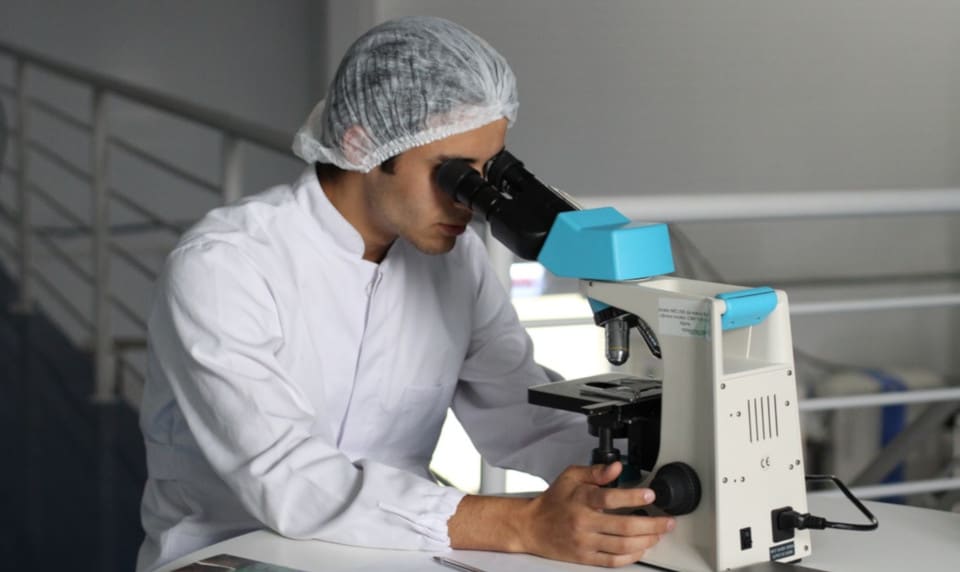1356 Biology degrees abroad
Filters
Filters
- Natural Sciences
- Biology
1356 Biology degrees abroad
Popular degree type
See less
Popular study format
Popular education type
Popular locations
See less
Degrees in Biology
Why study a biology degree abroad?
Put simply, biology is the study of living things—and it’s not just a degree for people who want to go into medicine. Biology encompasses everything from animals to humans to plants, but it’s also a degree that prioritizes critical thinking and analysis—skills that are transferable to many careers and industries. Studying biology abroad prepares you for science-related careers but, depending on your interests, could also provide you the skill set to thrive in careers like law, teaching, non-profits, and business. Many students in biology degrees will indeed go on to pursue medical, veterinary, or nursing education, but that is definitely not all you can do with this highly versatile degree.
Studying biology could lead to many exciting careers, including but not limited to:
- Doctor
- Genetic Counselor
- Biochemist
- Nurse
- Pharmaceutical Representative
- Nutritionist
- Veterinarian
- Health Educator
Biology is also a very hands-on degree. In many cases, you’ll be able to get your hands dirty—quite literally if you’re learning to do dissections! With its combination of hands-on learning and a more classical classroom format, a biology program could be the perfect mix for students who crave variation in their day-to-day schedules.

What are the prerequisites for studying biology abroad?
You probably won’t be surprised to hear that studying biology will require a strong scientific and mathematical background, but as biology also requires critical thinking and writing skills, you’ll also want to have pursued some humanities coursework. If you’re applying to a bachelor’s degree in biology, a typical high school background in biology, chemistry, and physics will provide a good foundation. Master’s or Ph.D. programs will focus more on conducting your own research, so you’ll need more advanced coursework in physical or life sciences, calculus, and statistics. While it’s usually not required to have a bachelor’s in biology to be admitted to an advanced degree in biology, most students matriculating into advanced biology degrees will have degrees in science or math, as well as lab experience.
What will I learn studying biology abroad?
Biology degrees tend to come in two forms—bachelor/master of arts (BA, MA) or bachelor/master of science (BS, MS). Both types of degrees will prepare you for medical education if you’re on that track. The biggest difference will likely be degree requirements and overall emphasis. Arts programs will take a more liberal arts approach and may allow for more elective courses. Science programs will focus more on quantitative skills.
Many university biology departments also require (or make optional) students to select a concentration within the vast field. You could choose to focus on:
- Molecular & cell biology
- Evolutionary biology
- Biochemistry
- Animal physiology
- Insect biology
- Microbiology
- Neurobiology
- Human nutrition
Biology programs will also teach you how to conduct research in a laboratory. You’ll learn about lab equipment and procedures, and may get the chance to assist with research even at the bachelor’s level.